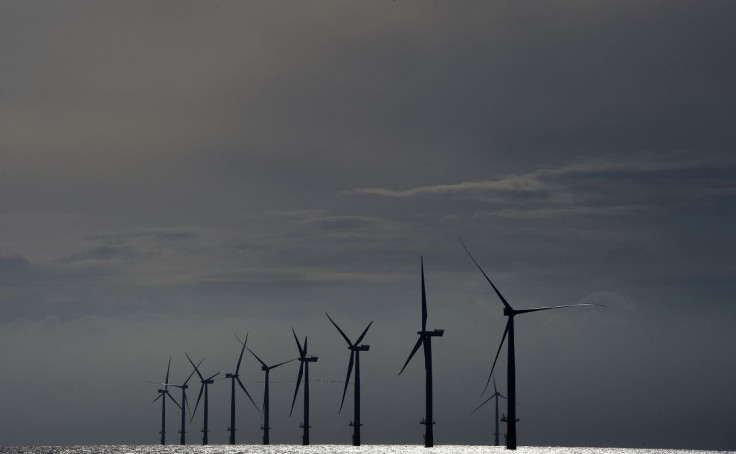Australia’s Policy Uncertainty on Renewable Energy Target Prompts Exit of Banco Santander from Wind Farm Project

Spain’s Banco Santander wants to dispose its lone wind farm project investment in Australia, citing the latter’s chaotic policies on renewable energy target as reason for its exit. Santander’s project is the 106.8 megawatt Taralga wind farm near Goulburn. It has a 90 percent stake in it. The divestment will also mean the closure of its Sydney office.
Citing unidentified sources, Fairfax Media reports Santander had been discouraged by Australia’s indifference to the renewable energy sector industry, which had experienced a halt in policy moves and discussion since Prime Minister Tony Abbott rose to office some 18 months ago. Santander had invested in the Taralga wind farm in 2012.
The Taralga wind farm has a 10-year contract to supply power to EnergyAustralia. It was majority financed by Santander, along with CBD Energy, Danish export credit agency EKF, ANZ and the federal government's Clean Energy Finance Corporation in the amount of $280 million. The first of its 51 wind turbines had begun producing electricity in December.
"It is quite clear that the uncertainty around the Renewable Energy Target (RET) and other changes to policy that have occurred over the past few years has created a lot of uncertainty for investors in the renewable energy space," Richard Pillinger of BlueNRGY LLC said. The latter owns 10 percent of the Taralga wind farm.
Australia is currently conducting a review of the national 2020 RET. While government and opposition agree the 41,000GWh target for large-scale renewable energy must be reduced, both parties have continued to fail to arrive at a compromise and doable actions to resolve the conflict. In the meantime, such review has caused investment in large Australian renewable projects, including wind parks, to drop by a whopping 90 percent in 2014, Fairfax Media says.
The latest proposal forwarded by government was a 2020 target of 32,000GWh. The other group wants a target of 30,000GWh. Even the 33,500GWh suggested by the Clean Energy Council failed to ignite action.
To report problems or to leave feedback about this article, email: e.misa@ibtimes.com.au.





















